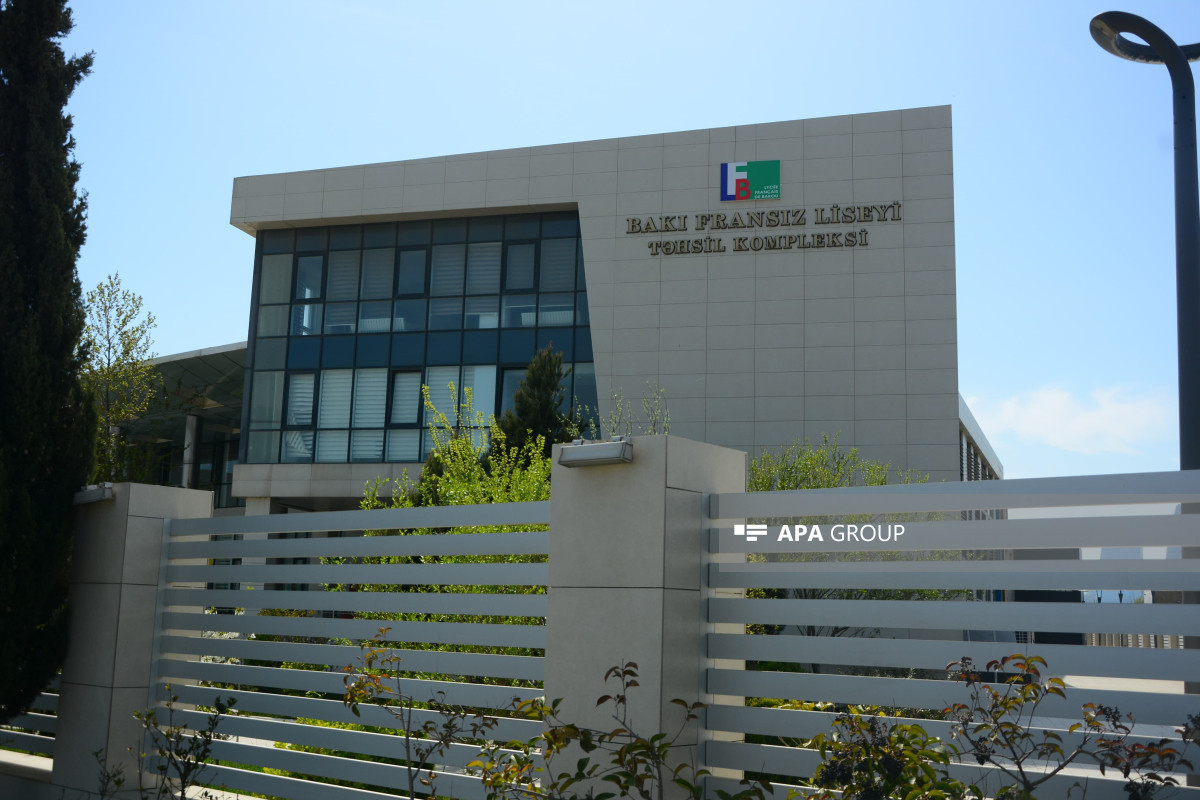Baku – APA. As the Caspian Sea is an isolated water basin, its level changes periodically.
The climate of the basin is regarded as a main factor in the change in sea level, Press service of the Ministry of Ecology and Natural Resources (MENR) told APA.
Climate changes in Volga, Ural, Samur, Kura, Terek, Sefidrud river basins, that make 80% of river inflow of the Caspian Sea’s water balance, have a significant impact on the sea-level fluctuations.
Observations of the Caspian Sea level began in 1830 at Baku station. Currently, 13 hydro-meteorological observation stations of MENR National Hydrometeorology Department are operating in the Azerbaijan sector of the Caspian Sea (on the shore, in the open sea, islands and piers), 7 of them are carrying out observations over the sea level.
Level fluctuations in the Caspian Sea over the second half of the past century were temporary; in 1977, the level of the sea dropped down to -29 meters on the Baltic Sea to be the lowest record of the 20th century. For a short period afterwards (1977-1995), the level of the Caspian Sea rose by just 2.5 meters to reach -26.5 meters, and since 1995 it has begun to go down again.
Over the last 7 years alone, the sea level dropped by 0.56 meters, and the average annual level of the sea in 2014 account for -27.43 meters on the Baltic system.
Apart from its long-term fluctuations, the sea level is also affected by annual fluctuations caused by season change. As a result, the sea level rises on account of increasing volumes of water in rivers, and in winter it drops conversely.






